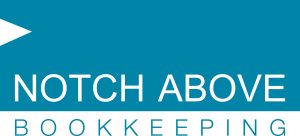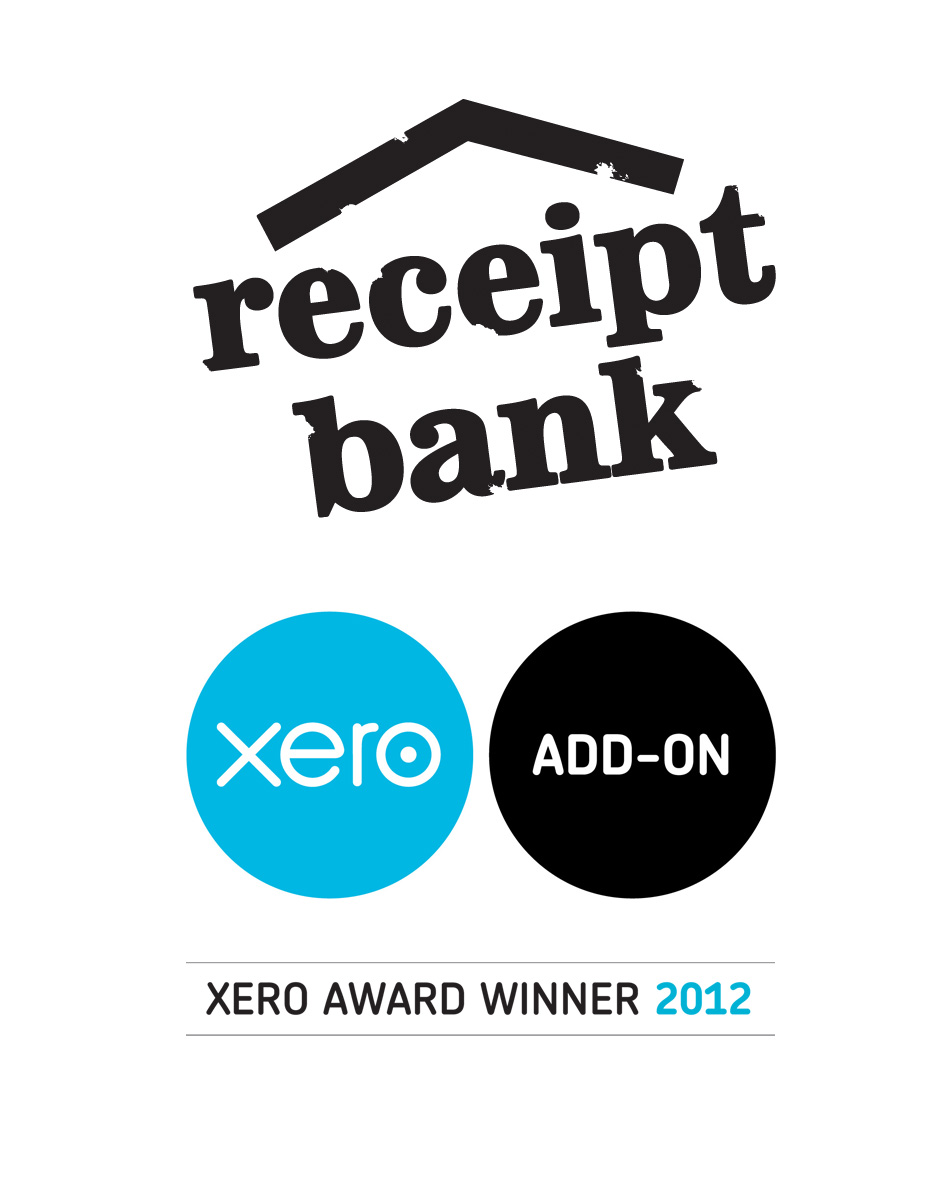Are you on track with your business goals?
As we come to the tail end of winter – hurrah! – some of us may be coming out of hibernation or still lost in the monotony of day-to-day tasks in business.
I don’t blame you, especially since we haven’t had a long weekend in a while. Well, I’m here to give you a wake-up call so you can embrace the coming spring season with confidence. August is usually a period when I need to give my clients a much-needed motivational boost to stay on course with their business targets.
Do you have a set of business goals?
First, are you monitoring critical KPIs such as business costs, profitability, sales, cashflow health and your budget?
If you’re not, you need to start doing so as soon as possible. Get in touch with your bookkeeper and accountant to start drafting a realistic set of business goals. One of the things I love about Xero is the ‘Dashboard’ because it gives an eagle’s eye view of my business.
The Xero Dashboard is fully customisable so you can set what you would like to track based on your current goals, such as reducing business costs or increasing the profit margin.
Here are just a handful of KPIs that Xero can track:
- Cash flow to monitor your inflow and outflow of cash to see whether you are ahead of your plans or facing a potential crisis.
- Money you owe and owed to you
- Your budget and how much you have spent
- Profit margin and current liability
Are you achieving your business goals? (Breaking down your goals to projects)
Business goals can be overwhelming if you don’t break them down into several projects or areas of improvements. Projects can then be broken down to tasks or actions. Doing this will prevent you from feeling overwhelmed or unmotivated to start kicking your goals.
One of the most common issues faced by my clients is they tend to get lost in their everyday tasks. When you’re constantly looking at a list of things to do every single day, you will start to feel like a hamster running on a spinning wheel. It never ends, and soon you will lose any motivation to run your business.
Understand the difference between everyday tasks that must be done to run the business and comply with the law, and tasks that help achieve your targets. The latter will grow your business in the long run so you must set aside time for it or outsource tasks to subject matter experts. You can’t do it all.
If you don’t keep your eye on the prize, you’ll start to get upset and anxious over little setbacks, which are part and parcel of business. You will be working long hours without making more income or sales. You will burn out faster than you anyone else.
If you already have goals in place, it’s crucial to monitor and fix any issues as they arise. This is where you need to work closely with your bookkeeper to track the numbers. If you’re in need of some motivation, look at what you’ve achieved so far and have a little celebration with your staff. Learn from any mistakes and regroup with your team.
Free Bookkeeping Systems Check-Up
Take our quick quiz to find out how to get more cash and time back in your life.
Start the Quiz
What if you’re falling behind with your business goals?
Get in touch with your bookkeeper or accountant quickly. As the subject matter experts for business operating numbers, I can’t tell you how many times I have caught something before it became a major problem for my clients. In fact, a good bookkeeper will raise alarm bells before you speak to them. We produce monthly reports and schedule catch-ups with our clients so nothing goes unnoticed.
Anything can happen in business. The economy may shrink, which affects consumer spending, regulations may change or tax benefits may be cut. You need to stay one step ahead by regularly monitoring your goals and revising your plans as needed.
Get your team members to commit to resolving any issues that is hindering you from reaching your goals. Draft a plan of attack and work together to tackle it as a team. Establish a standard of accountability among team members. This is not to punish them when something goes wrong, but for your business to thrive by tackling problems head on.
At the very least, talk to your bookkeeper who can help set goals, assist you in deciphering the numbers and guiding you to stay on the right course towards your targets. It is never too late to start new goals or to fix any issues. This way, you know you truly deserve that long break over Christmas and the New Year.









